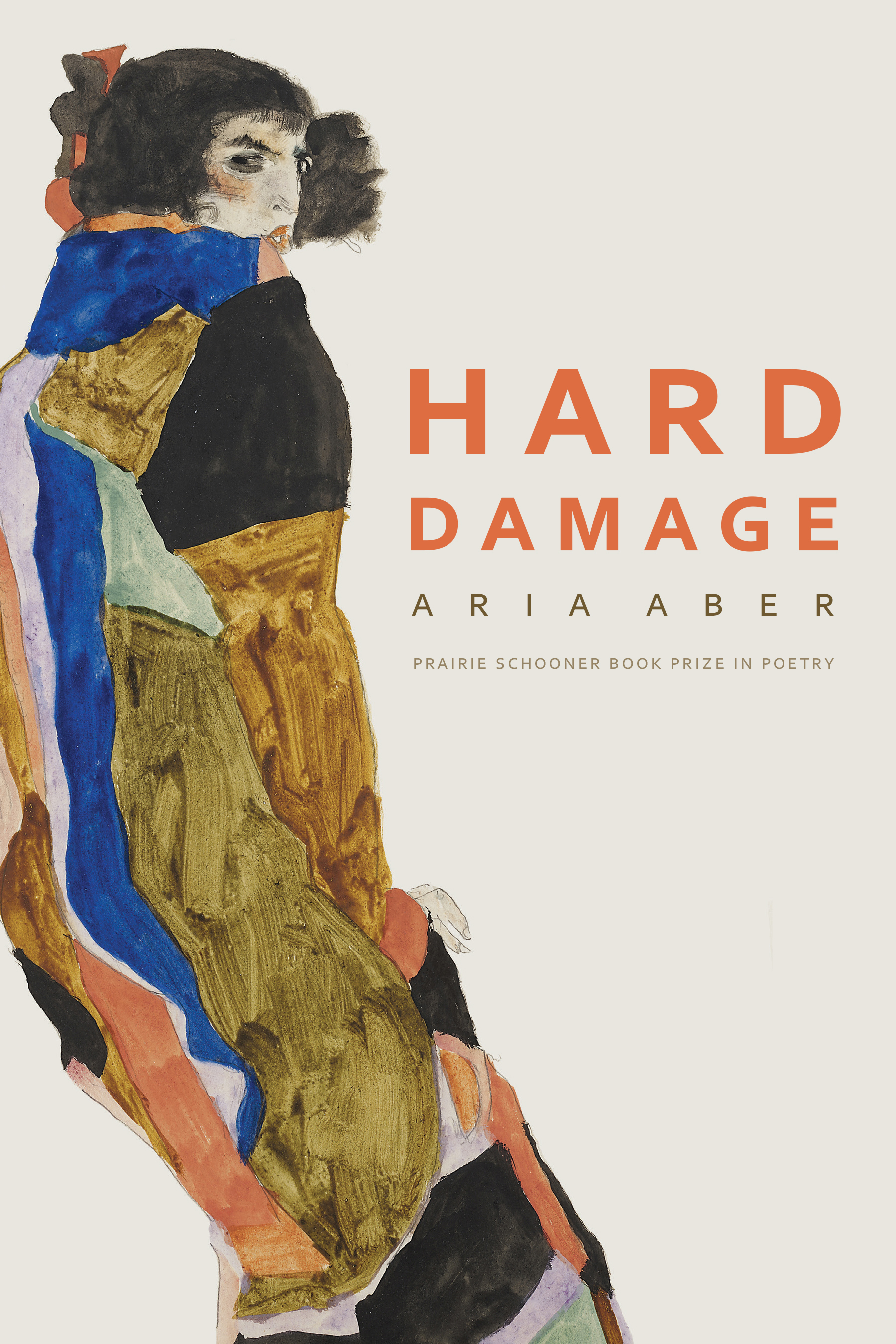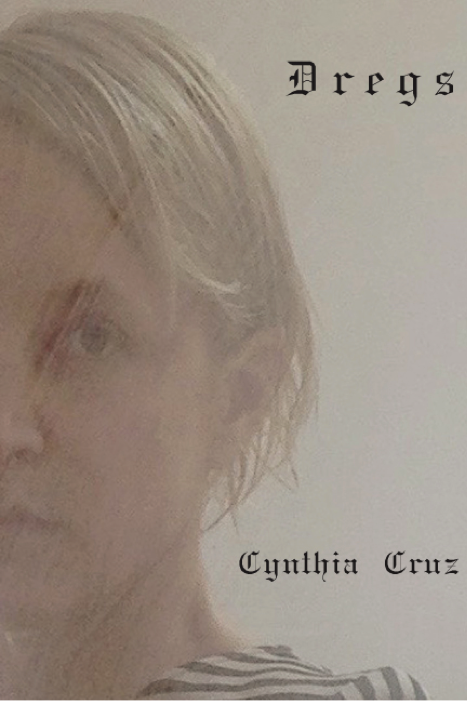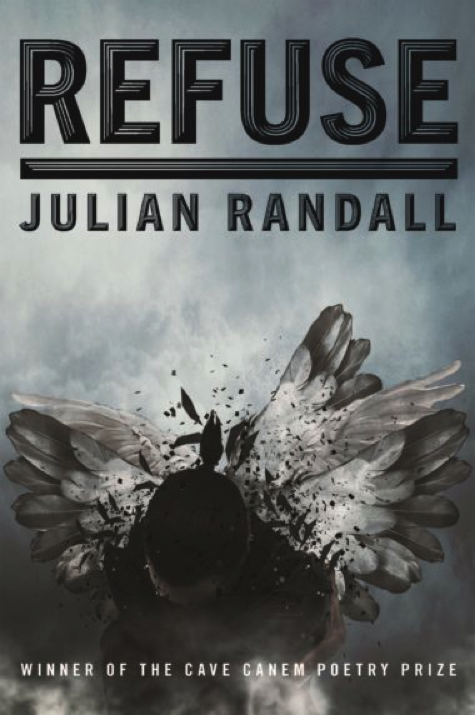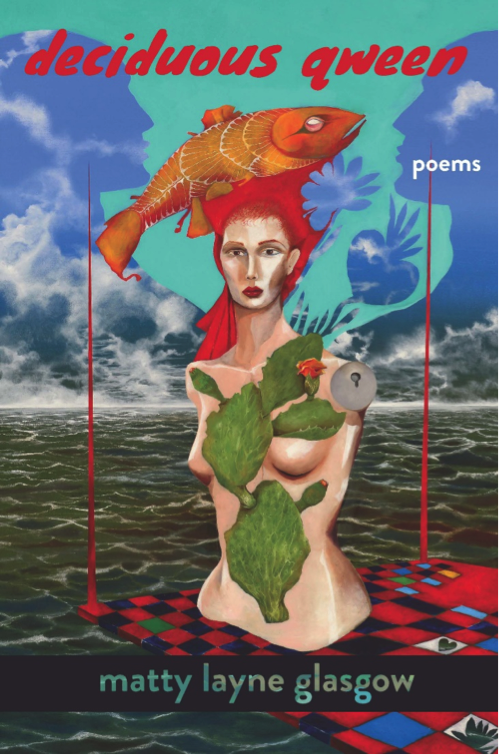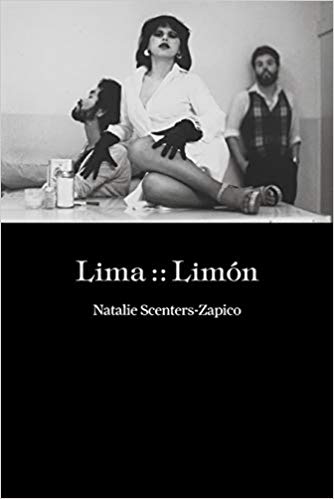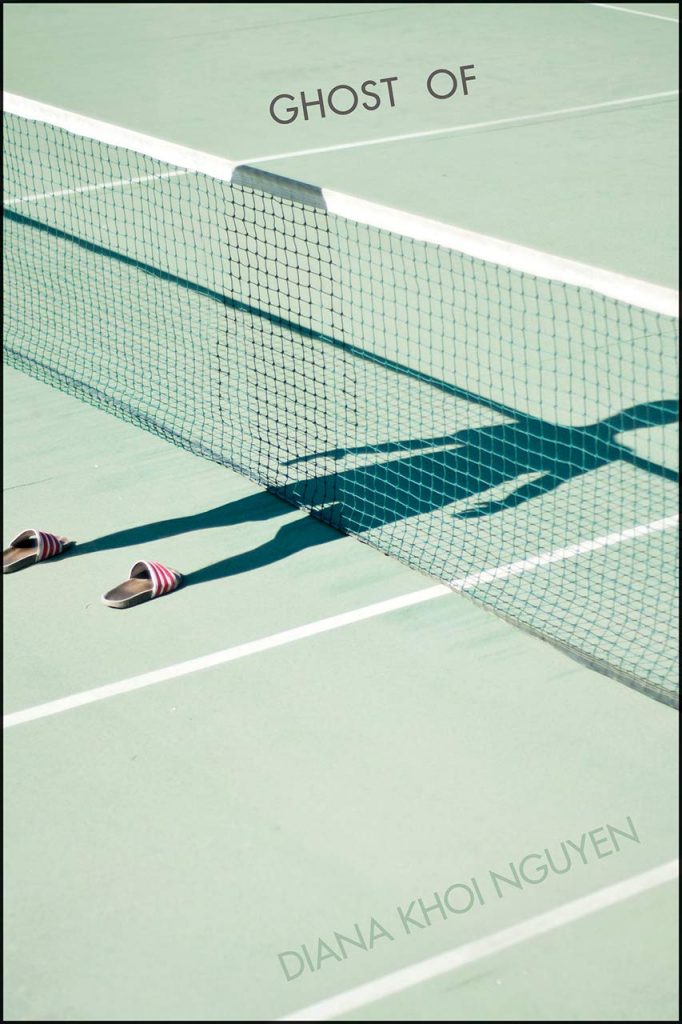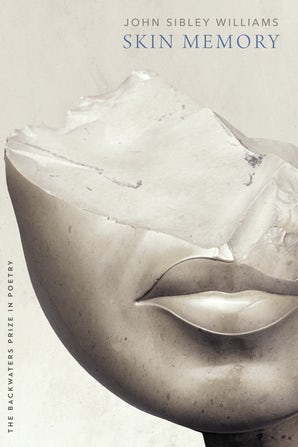
Breakwaters Press, 2020
—
REVIEW BY ESTEBAN RODRÍGUEZ
I remember first reading Juan Rulfo’s Pedro Paramo and feeling uneasy for the absence that pervades the novel. The story centers around Juan Preciado and his journey back to his deceased mother’s hometown of Comala, where he hopes to find his father but instead encounters a town populated by ghosts. The novel is surreal, and the way that Comala is described illuminates the tragedies of those who occupied the land. John Sibley William’s Skin Memory might not fall into the precise category of work that Juan Rulfo’s does, but the descriptions of absence in these poems succeed in the same manner, illuminating the consequences of loss, and revealing—if we weren’t aware before—how fragile the world around us truly is.
Skin Memory is a mixture of free verse and prose poems, but in many ways, the distinction between the two poetic forms is secondary to the content and to how much can be said with such concision. In “Sons of No One,” the topics of the poem range from suicide to extinction to the nature of creation:
So far all the suicides have been men
in my family. When I draw them
close, it helps to remember the lake
beneath the desert the animals
cannot taste but know exists.
It helps to draw them hungry
clusters of light loping across the night
sky, such flames in their belies.
As the speaker goes on to discuss their naming of the stars, they feel, indirectly, that they had a role in the creation of the world—a feeling the speaker attempts unsuccessfully to achieve because of the lack of control they feel when one male family member after another takes their life. The speaker isn’t helpless as much as they are reflective, trying to understand what exactly is in their grasp and what isn’t. We see this in the next poem “Spectral”:
Each body is an outpost, populating, on its way to becoming a city. How the lights multiply, the surrounding darkness swell: how the moment speaks in future tense: if I’m being honest, how we miss what we never quite had, holding the light up to it- self, saying this is what we needed you to be.
There are certain things that will always live at a distance, and even though we may think that we know someone, and by extension know their body, we find, as Sibley Williams describes, moments where we don’t, and we realize at other moments that this understanding was never something we had a claim to.
This sentiment isn’t exclusive to family and those closest to us, but to the landscape as well, and when put under the microscope, we begin to question our role and purpose on this earth. In “Dear Nowhere,” a poem that traverses Montana, Alaska, and North Texas, we see this firsthand:
{Somewhere in North Texas}
Failing
to separate ground and sky, I’m complicit
in the steady collapse of clouds over barns.
Look—how red they rise from this dry
body of earth.
Is this only body placed on our tongues? Is this blood
we’re washing it all down with? I’m watching
bales of hay unfasten in the distance and wondering
if in another rendering of paradise we wouldn’t be
throwing stones to silence the owls at night.
A cathartic scene prompts the speaker to question their “complicity” in watching the course of events unfold (clouds collapsing, bales of hay unfastening), and in a larger sense, readers can’t help but wonder if the speaker is referring to complicity on more serious issues. After all, how often do we sit back and barely acknowledge the ways in which the world is collapsing all around us? Perhaps this interpretation is stretched, but poetry that engages its readers in this manner and allows such layers of meaning is poetry we need in such a flawed and complicated world.
As much as Skin Memory examines the world at large, it never fails to bring the focus back to the familial, and toward the end of the collection, Sibley Williams reminds us how necessary it is to cherish the small moments that might otherwise be lost to the grander scheme of things:
My son has not yet found a reason to love or hate the silence following us around the house. All he knows: something palpable is missing, not yet profound, not yet painting nightmares over his sleep, just a steady lack of arms where arms should be. The hundred nightingales trapped in my chest are chattering all at once. I don’t know which to speak from, if any voice is true, & if I’d recognize it.
Although the son in “Absence Makes the Heart” is still innocent in a lot of ways, he knows something is not quite right. Sometimes it feels that when nothing wrong is happening then something must be wrong, and the son, almost instinctively, feels this too. But the speaker understands that as his father, and as someone who is still trying to figure out if “any voice is/ true,” he must guide his son in the best way possible, hoping that when the silence is no longer around, his son hears something akin to love.
Perhaps the best way to close out a poetry review for a collection as timely and important as Skin Memory is to let the work speak for itself, and the last poem “Forge” sums up what both the speaker and reader experience when they have reached the end, whatever that ending may be:
We are here; this happened; a
simple record. If we’re lucky, a catalyst. One door framed
within another. Even if closure is a construct, I cannot rule out
heaven entirely. Whatever finally breaks me, I cannot refuse it.
—
ESTEBAN RODRIGUEZ is the author of the collections Dusk & Dust (Hub City Press 2019), Crash Course (Saddle Road Press 2019), In Bloom (SFASU Press 2020), and (Dis)placement (Skull + Wind Press 2020). His poetry has appeared in Boulevard, The Rumpus, Shenandoah, TriQuarterly, and elsewhere. He is the Interviews Editor for the EcoTheo Review, an Assistant Poetry Editor for AGNI, and a regular reviews contributor for [PANK] and Heavy Feather Review. He lives with his family in Austin, Texas.
![[PANK]](https://pankmagazine.com/wp-content/themes/pank/assets/images/pank-logo-large.png)

